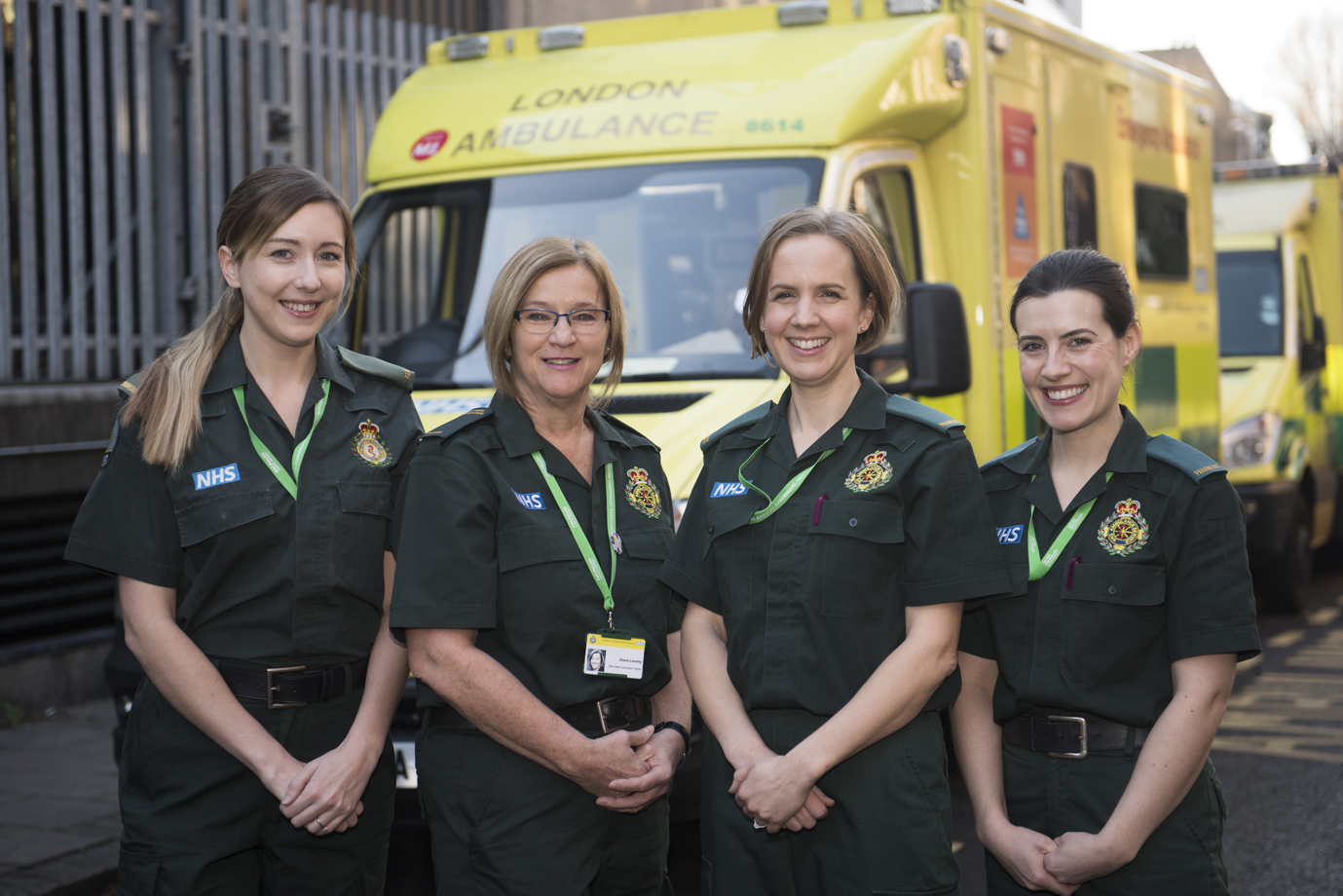Specialist training for ambulance staff to support the treatment of terminally ill patients
Ambulance crews in the capital have undergone specialist training to ensure that terminally ill people get care that meets their needs but respects their wishes.
All front-line staff are receiving training through a partnership between London Ambulance Service and Macmillan Cancer Support that aims to improve palliative and end of life care for patients and their families.
Clinicians get additional guidance and education to support dying patients, whether that be on an emergency 999 call, an NHS 111 call, or as part of a scheduled ambulance transport service. This can help avoid unnecessary trips to the hospital which can be distressing to the patient and their family.
The London Ambulance Service team leading the project, which is now entering its second year, have also worked with other health and social care providers and charities to deliver bespoke communication and bereavement courses to staff.
London Ambulance Service’s Chief Quality Officer Dr. Trisha Bain, said:
“We strive to provide dignified, compassionate and respectful end of life care. Our work with Macmillan has meant extra training and education for all our crews on the road and our call handlers taking 999 calls.
“This has ensured patients have their needs met and wishes respected and often avoids an unnecessary trip to hospital, which can be distressing to both the patient and their family.”
All 18 ambulance group stations serving London have an ambulance clinician with additional training to help patients nearing their end of life and support their families. These volunteer clinicians lead improvement in their local area, sharing education with colleagues, promoting patient’s care plans and supporting the wellbeing of their colleagues.
All staff have rapid access to Coordinate My Care, an electronic system holding patient care records. This means that clinicians have patients’ notes at their fingertips and can understand a person’s preferences for care when a crisis occurs. The team has also been working with hospices and palliative care teams across London to create new appropriate care pathways, which offer specialist advice and access to services for London Ambulance Service Clinicians.
Macmillan Paramedic Programme Lead, Georgina Murphy-Jones, said:
“When someone is reaching their end of their life, we only have one chance to get it right. We aspire to provide compassionate care that meets the individual’s needs and wishes. This can be commonly achieved by supporting patients and their families at home.
“Our partnership with Macmillan Cancer Support is enabling us to develop the knowledge, confidence and skills of our staff to provide quality care and an improved experience to those with advanced illness or when nearing their end of life.”

Follow us on social media: